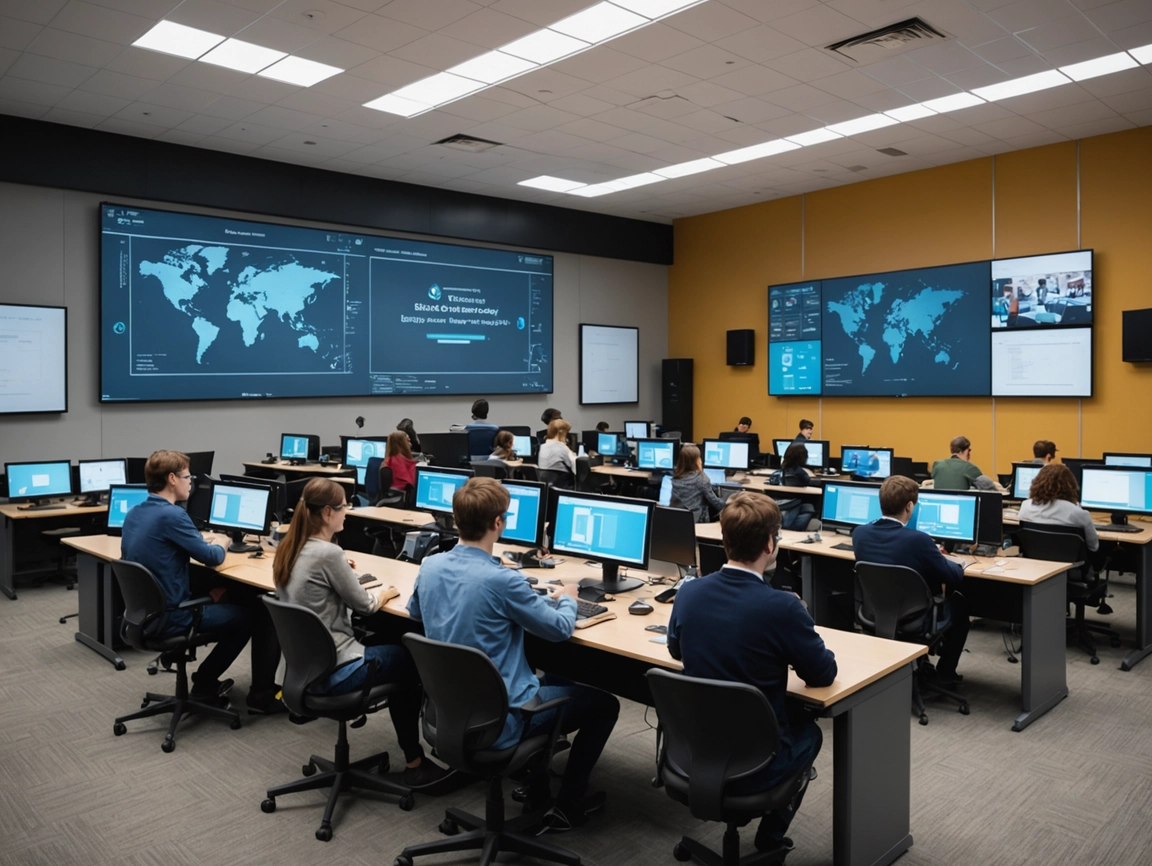Building communities of commitment is a great chance to go forward (Chawla & Renesch, 2006).Transforming fragmentation, competition, and reactiveness in a new culture systems. The new way of thinking, feeling, and being, in which recovers the memory of whole systems, cooperation, and creation. Communities bring the new systems worldview, the idea of help each other, and creativity. Building learning organizations (LO) with a nature of commitment that goes beyond people to their organizations. The real learning occurs with the development of the new capabilities in a continuous cycle of theoretical action and practical conceptualization (Chawla & Renesch, 2006).
Changes come from moments of crises, but some learning comes from these changes. The fragmentation of the church is a great example of the changes through the Centuries and the seeds are evident today. In the past, Galileo proposed that the earth is not the center of the universe, and three fundamental theses shift the understand of ourselves and the world: The primacy of the whole involved in three part process such as break the system, study, and understand the whole from the parts; the community nature of the shelf that discovered that at the core of person is pure energy and the network of contractual commitments; and language as generative practice , recognized as tradition of observation and meaning shared by the community (Chawla & Renesch, 2006). In a learning organization, people stand for a vision, and create a type of organization they want to work and they can thrive in a world of increasing interdependency and change. According to Chawla and Renesch (2006) , “a learning organization must be grounded in three foundations : a culture based on transcendent human values of love, wonder, humility, and compassion; a set of practices for generative conversation and coordinated action; and a capacity to see and work with the flow of life as a system”
Learning organizations are opened space to generative conversations and place in which people inquire into systemic consequences of their actions. Some strategies of learning arise through performance, practice, and process-oriented design. Transactional learners are more conventional, but they add new ideas and make changes to become transformational learners. The cycle of community-building involves practical experimentation, work together, know each other, and apply new knowledge and skills.
Dialogues
Dialogue is a “process central to develop a learning organization” (Chawla & Renesch, 2006, p. 153). In addition, dialogue results in a good conversation; it requires a new way of thinking about and evaluation communication. Dialogues tap also the way to be more reflective of minority cultures or less visible in our organizations. Further, dialogue is a process of a profound openness to the vitality s of real diversity. Some aspects contribute to the dialogue such as readings, a program design focuses on reflections’ spaces; a round place that give people the opportunity to share, listen , and hear; communication about the process of listen , reflection, and slow-down.
A guidance of dialogue include speak from the heart, listen for information or without thinking, allow the silence, suspend assumptions, and so forth. Sometimes people need more alternatives to better performance and other ideas to improve the process such as coaching, mindset, and use of appropriate language are part of learning organizations. To determine excellence performance among the employees, some organizations change to managing people to coaching them. The generative approach of coaching has the potential to introduce and implement new ideas of learning organizations (Chawla & Renesch, 2006).
The use of language by conversations, practices by actions, and the way to understand people as a whole is view as generative coaching. The principles of coaching were listed by Murphy (in Chawla & Renesch, 2006) as relationship (i.e., mutual commitment, trust, respect, and freedom of expression); pragmatism (i.e, outcome, feedback loop); two tracks (i.e., both coach and client are in a learning process); always-already (i.e., four or more things going on in life); and techniques do not work with people. Coaching is a process that establishes a relationship of commitment, trust, respect, and freedom of expression (Chawla & Renesch, 2006). Strategic dialogue creates the opportunity to serve as a “key approach for linking generative conversations and create actions throughout the organizations” (p. 182). The opportunity of change and resolve strategic dilemmas using mindshift: strategic dialogues.
Mastery of Change
An effective LO culture needs to be able to adapt to external changes that affect specific industries. Kanter (in Chawla and Renesch, 2006) states that mastering change is an important aspect for leaders to help an organization understand as today’s business environment is more turbulent than ever. A turbulent business environment means that organizations must be able to adapt to change effectively and efficiently. The LO handbook emphasizes that an LO culture needs to have conditions present in the organization in order to allow for an organization to be able to adapt to turbulent times effectively. Basically, the LO handbook describes what conditions are necessary to adapt to changes. A LO organization needs to emphasize the need for open communication between colleagues.
In order to have this condition the LO will have activities set up periodically to allow an open discussion between departments. All members of an organization need to practice consistent and forthright communication (Stein, 1992). Open communication will allow for ideas flow openly between employees when adapting to change. True communication between all employees is the most effective way to adapt to change as ideas and solutions need to be discussed in order to adapt to changes in turbulent times.


